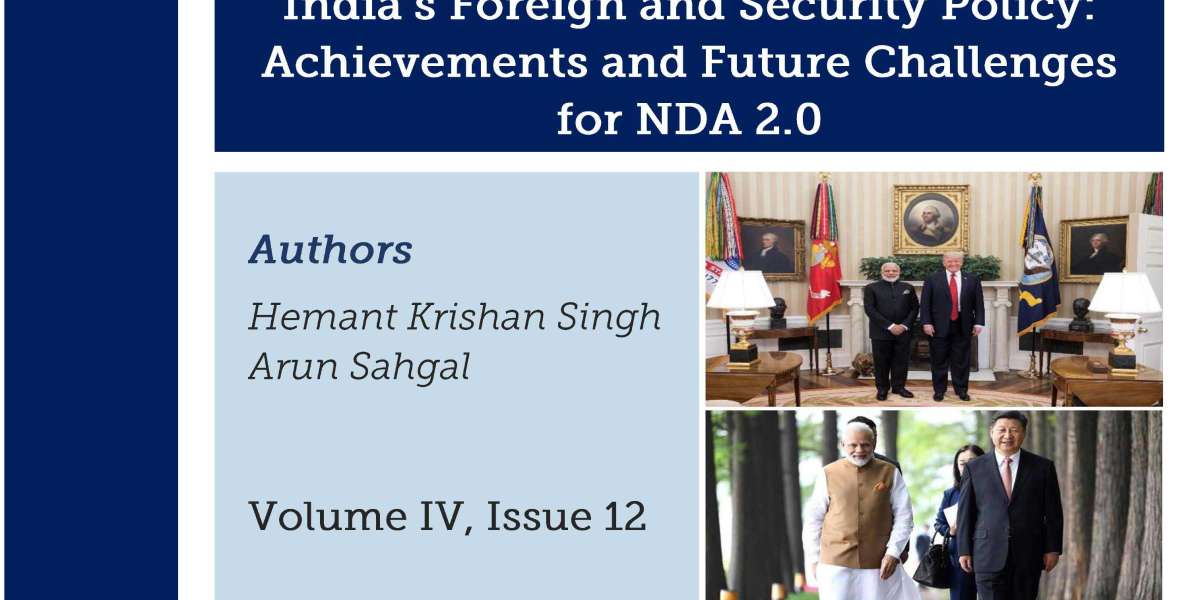What do you understand by the foreign policy of India?
India’s foreign policy has always regarded the concept of neighbourhood as one of widening concentric circles, around a central axis of historical and cultural unities. Several people work and study in foreign countries, making an important link to our country. India’s foreign and security policy is a systematic way of analysing and guiding its political communications and relationships with other countries.
G20 SUMMIT IN INDIA:
New Delhi hosts the 18th G20 Summit this weekend, September 9th and September 10th providing an opportunity to take stock of India’s performance as this year’s chair of the powerful worldwide forum. India has successfully used the post to help advance its foreign policy goals and some domestic obligations. India has been able to achieve consensus around the New Delhi Declaration early on in the G20 Summit. This year’s India’s foreign and security policy can be seen as a ‘green summit’ as India endorses several climate policies inventiveness. The G20 theme represents that leaders from all over the world meet at a defining moment in history, where their unanimous decisions will determine the future of the people and the planet.
SECURITY CHALLENGES OF THE GOVERNMENT:
The universal concept of national security, and internal security, is an extremely important part of overall India’s security challenges matrix. Illegal migrations and refugees, drugs and arms, smuggling, cyberspace, instability in the neighbourhood. Internal security in India is highly complex and challenging and is impacted by domestic and internal areas outside the system. Since its independence, India has raised numerous revolutions in different parts of the country, particularly in Jammu and Kashmir. Over the years, governments have paid a great deal of attention to internal security challenges. Yet it is to credit the people of India that none of the security challenges has overwhelmed the country.
India’s security challenges have built itself in a high-tech environment, adapting to a more remote workforce and enhancing software vulnerabilities as a whole. Cybercrime could be another major security challenge for India to resolve, as it has become increasingly exposed to cyber-attacks in recent years.
Objectives to remember of India’s Foreign Policy and Challenges:
1) India’s Foreign Policy revolves around the foremost objective of protecting the national interest, achievement of world peace and harmony, disarmament, etc. Protecting national boundaries from foreign hostility is the main factual interest of the nation.
2) Interacting with Foreign Countries to ensure investment and the country’s growth, as well as financial assistance. Transfer of technology and various schemes to augment the country’s economic and technological roots.
3) Development of India’s foreign and security policy to boost the country’s growth all over and to better the lives of the poor.
4) To make sure India’s opinions and suggestions are heard and considered on international platforms to make our country play a role as well in bettering the progression of various parts of the country in eradicating poverty, illiteracy, and discrimination based on gender and religion.







